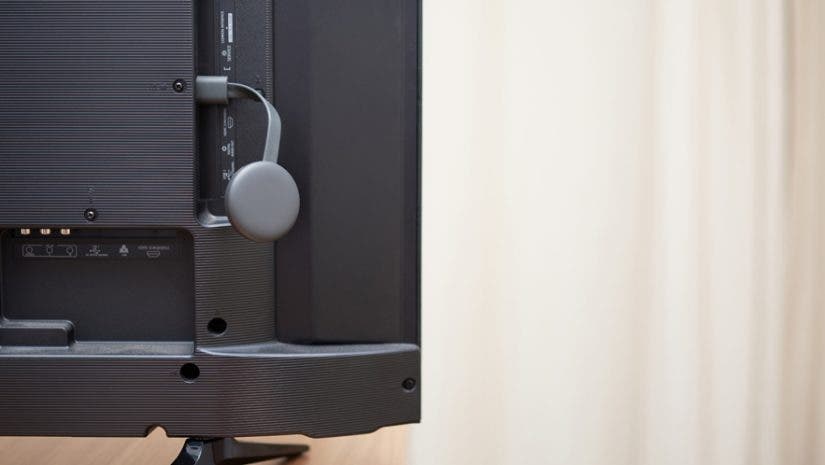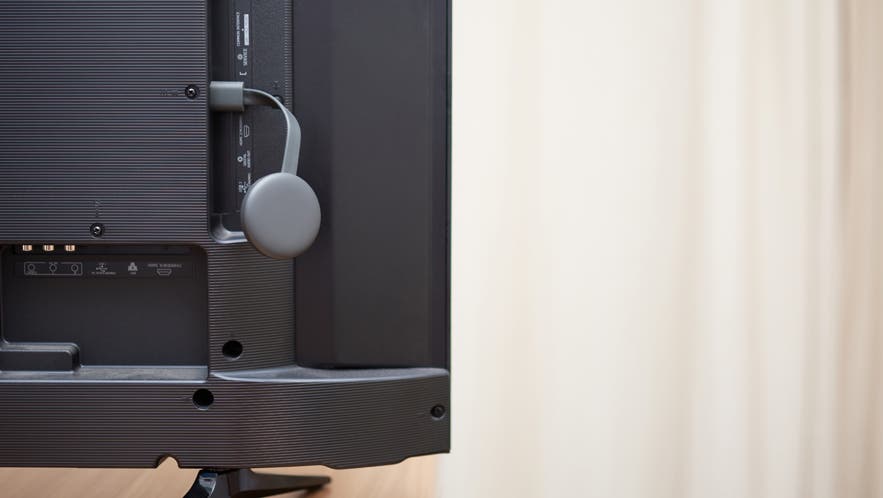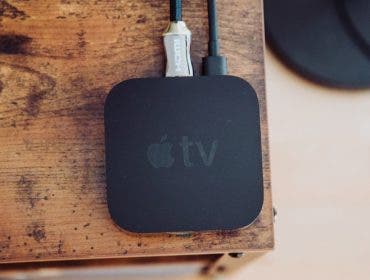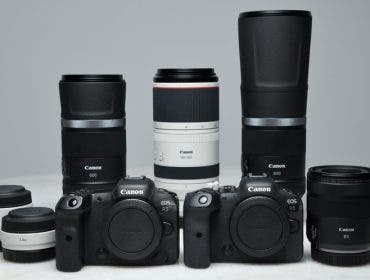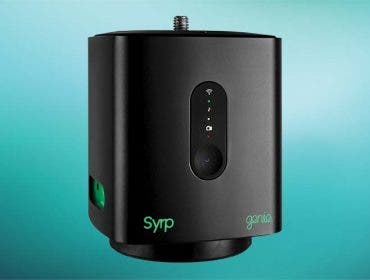Over the last few years, streaming services have become extremely popular, primarily because of how convenient they are. Streaming devices like Chromecast and Roku make accessing these services even easier because they essentially convert a “dumb” TV into a smart one. They can also make an already smart TV even “smarter.” The question is, when it comes to Chromecast vs Roku, which one suits you best?
What is Chromecast?
Chromecast is a streaming media device that allows users to watch content on their TV. Chromecast comes in the form of an adapter that plugs in via HDMI right into your TV. There is also a USB connection that powers the device. With Chromecast, you are able to download your favorite apps such as Netflix, Hulu, YouTube, GooglePlay, music apps, game apps and so much more!
The Chromecast tends to be much more affordable compared to other streaming devices, and depending on which model you get, you have a built-in microphone for voice control with Google Assistant. You also will have the option for Games on Stadia, which allows users to stream AAA games straight to the TV. Chromecasts mirroring ability is incredibly intuitive to use, which gives users the ability to “mirror” their tablets, phones and computers straight to their TV without cables.
What is Roku?
Just like the Chromecast, Roku is also a streaming media device that allows users to watch content on their TV. Roku also comes in the form of an adapter that plugs in via HDMI right into your TV. A USB connection also powers the device while in use.
Roku has more apps to download compared to Chromecast, because you are not locked on the Google Play Store. It is incredibly affordable as well. Roku boasts having over 100,000 different channels/apps to choose from, which is absolutely incredible. Roku remotes don’t have voice control, but the menu is very seamless to control.
Chromecast vs Roku: Major feature differences
Ease of use
Google Chromecast and Roku both allow you to access similar services, but the method used by each device is quite different.
Roku operates in a more traditional manner with a physical remote and a full user interface on your TV. Streaming apps are accessible from the interface, and for those familiar with app-based systems, this setup is a great option.
With Chromecast you have two different options including a more affordable one where you control everything from your tablet or phone. With this model, anything your mobile device displays can be “cast” to your TV Screen. This includes audio, video, and even content from Google’s Chrome Web Browser. The other option is a slightly more expensive adapter which comes with a voice remote, which gives you more flexibility and the option to use your voice to search. I prefer the voice remote so my phone isn’t tied to controlling the device.
Casting and sharing content
When it comes to casting or sharing content from mobile devices to your TV, Chromecast is the clear winner. Streaming from apps like Netflix, Hulu, and YouTube is easy enough with both devices. But if you plan on casting personal videos and images, Chromecast is more intuitive. This is especially true with sharing content from an Android device. With an iOS device, you’ll need a third-party app for Chromecast or the Roku app for Roku.
Another great feature of both devices is the ability to mirror screens. For example, you can use Chromecast and Roku to share your laptop screen with your TV, though Chromecast has better mirroring.
Processing power
Currently both Roku and Chromecast offer brilliant quality when it comes to audio and streaming quality. Both devices offer the ability to stream and cast in 4K HDR. It’s worth mentioning that streaming quality also depends on screen resolution and your internet and streaming plans.
Gaming
If you live and breathe gaming, Chromecast will give you a broader selection of titles to choose from because it lets you cast any game from a mobile device. That said, most games aren’t optimized for casting, so you may notice some input lag.
What is also incredible is the ability to stream AAA titles on your Chromecast with Google Stadia. Stadia is a separate monthly subscription. You can purchase a Stadia controller separately and stream console games without buying the console. You can also use your mobile device as a virtual gamepad, though it will be a little more tricky to use. Keep in mind that these games will need a strong and stable internet connection.
With Roku, games are installed on the actual device and controlled by the remote. Angry Birds, for example, uses motion-control to help you target and fire. However, the limited selection and lack of a dedicated controller may frustrate some gamers.
Content library
When it comes to apps, both Chromecast and Roku have plenty of options. Roku has an edge with a slightly wider selection, but both devices cover the most popular services. So, unless you need a specific app that’s only available on Roku, either device should meet your app needs.
Remote control
Chromecast uses your smartphone or tablet as a remote, and you’re probably already a pro at operating that. Roku’s dedicated remote is simple to use, though, and has clear symbols on the buttons. The shortcuts to certain apps like Netflix and Hulu may also be useful to some.
What’s great here is the voice control features on the remote, also available from the Roku app. You can use voice commands to find movies, actors, and even launch apps (called channels on the Roku app). For example, you can use the voice control feature to search for a specific movie from a particular channel (app).
Audio and video quality
Both Chromecast and Roku Streaming Stick+ support dual-band a/b/g/n/ac Wi-Fi, meaning they’re equally capable of handling 4K streaming. As long as your TV and connection can handle it, you shouldn’t have any problems with either device in this regard.
In terms of quality, both offer similar features. Both devices are HDR10 compatible, but your HDMI input must support HDCP 2.2 to make it work.
The main difference is that Chromecast supports Dolby Vision while Roku doesn’t. That said, Roku does support DTS surround sound, Dolby Audio, and Dolby ATMOS through its HDMI connection.
Chromecast vs Roku: Which stick should I choose?
Ultimately, when it comes to Chromecast vs Roku, both devices offer fantastic features and quality. The major difference between the two is the interface. If you prefer a traditional, remote-controlled user experience, then the Roku is a better fit. On the other hand, if you prefer the flexibility of casting and mirroring from your devices, go with Chromecast.
Feature image via Shutterstock
